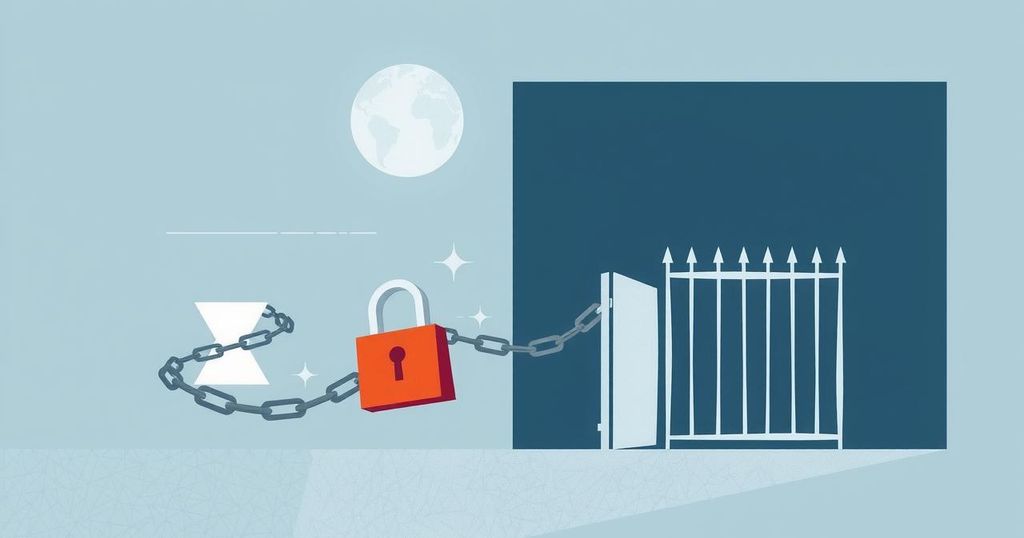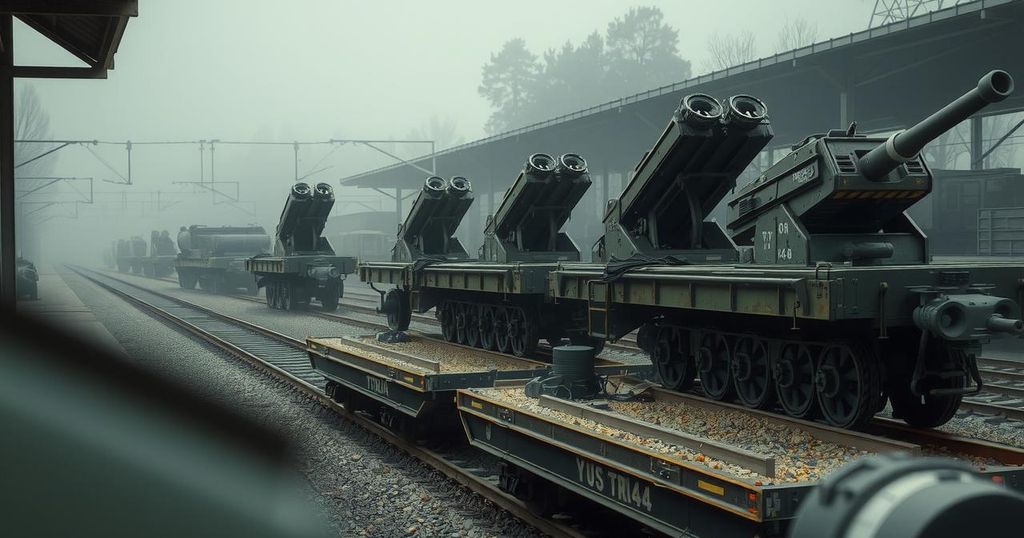Chad’s General Election: A Pivotal Step or an Exercise in Futility?
Chad held a general election on Sunday after three years of military rule, with low turnout of 38 percent due to a boycott by opposition parties. President Mahamat Idriss Deby Itno called for public participation, while critics decried electoral integrity and questioned the legitimacy of the vote. This election is framed as key to transitioning back to democracy amidst ongoing socio-political unrest.
On Sunday, Chad conducted a general election, deemed pivotal by the government in transitioning away from three years of military rule. The electoral turnout was reported at a mere 38 percent, as opposition groups had called for a boycott, alleging that the election results had already been determined. President Mahamat Idriss Deby Itno, who assumed power in 2021 following a military coup, urged citizens to participate in the vote, referring to the day as “historic” while highlighting the opportunity for change.
Despite government claims of a record turnout among military personnel and nomads, many citizens displayed apathy towards the electoral process, viewing it as meaningless. Succes Masra, leader of the opposition Transformers party, noted that a significant portion of the electorate remained at home in adherence to the boycott. Voter sentiments varied, with some expressing hope for transformation in areas such as employment and social justice, while others criticized the lack of genuine democracy in Chad.
Polling places remained open until the evening, with monitoring by foreign observers amidst concerns about electoral integrity, including reports of ballot irregularities. This election comes amidst ongoing challenges, including security threats from Boko Haram and domestic political disputes, compounded by Chad’s complicated relationship with former colonial power France.
The government frames these elections as crucial for achieving democratic transition following the death of Idriss Deby Itno in 2021, who had ruled the country for several decades. The outcome of this election may prove significant for Chad’s political future, especially as it navigates nationwide calls for political reform and stability.
Chad has been under military rule since 2021, following the death of long-term leader Idriss Deby Itno. The current administration, led by his son Mahamat Idriss Deby Itno, has faced criticism for its governance style and for potentially manipulating the electoral process. This general election is seen as a critical step toward restoring democracy, following several years of military oversight and political instability. Opposition parties have called for the public to boycott the elections, questioning the legitimacy of the electoral process and alleging predetermined outcomes. The backdrop includes ongoing conflicts with extremist groups and socioeconomic challenges impacting citizens’ lives.
In summary, the recent general election in Chad experienced notably low voter turnout, largely attributed to opposition-led calls for a boycott. While the government asserts that the election represents a vital step toward democracy, claims of electoral fraud and voter disillusionment highlight the ongoing challenges faced by Chad. The results of this election hold the potential to shape the country’s political landscape as it seeks to navigate a path towards stability and reform in the wake of military rule.
Original Source: www.hudsonvalley360.com




Post Comment